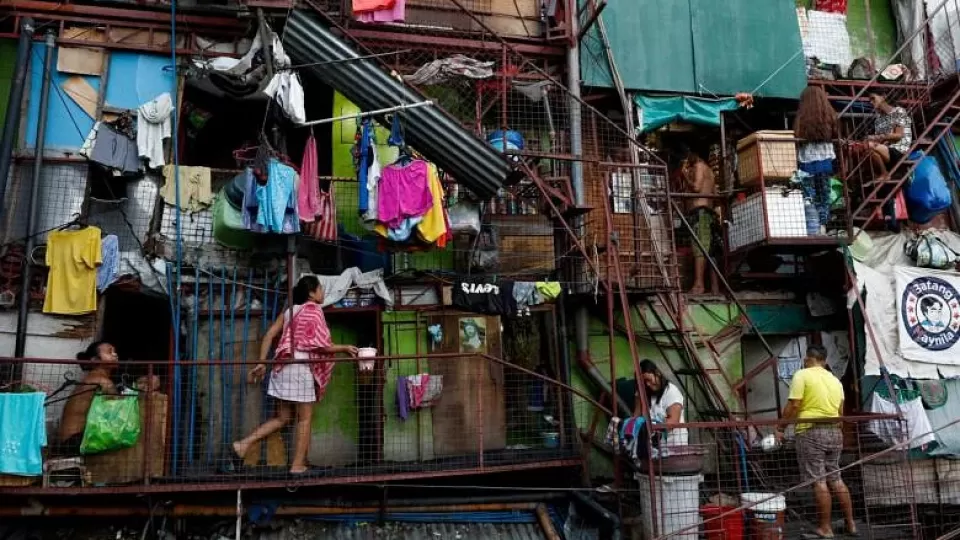December 20, 2022
MANILA – Holidays are meant to be celebrated with a lot of joy and happiness. But for more than 20 million impoverished Filipinos, the holidays are just their ordinary, eking-out-a-living day, with their tired, worn-out bodies that have borne so much pain and suffering throughout their lives.
Among these are rural farmers, especially those who continue to be tenants in big landholdings of wealthy landlords. In the urban areas, among the impoverished are those who work in service industries like beauty salons and spas who get only a measly 40-percent commission of the fees their establishments charge their clients. What makes the plight of these “commission workers” even sadder is that their bosses deduct from their meager commissions the cost of the consumable materials (like therapeutic paraffin for foot spa, imported nail polish, body scrubs, and other substances used for the grooming of the clients). For these commission workers there are no year-end bonuses like 13th-month pay, and they are not entitled to free uniforms and official leaves either.
Among these impoverished lot are the displaced communities due to both natural and human-induced disasters, many of which are from conflict-prone communities in Mindanao, and in core areas of the Bangsamoro Autonomous Region. As some officials are busy with year-end activities like team building or other excuses to splurge the remaining operational funds for the year, some ordinary, contract service workers are left behind as they are not considered “regular” workers.
The “bakwit” of Marawi are still bakwit and impoverished “informal dwellers” as some local governments refer to them. These people are not only cash-deprived but are also deprived of their right to decent abodes that disappeared five months after the government of then President Rodrigo Duterte ordered the five-month siege in their city more than five years ago.
We can also add to the list of miserable communities the survivors of Typhoon “Paeng” and its destructive path in Maguindanao province, especially the coastal community of Datu Odin Sinsuat municipality. Families of those who were carried away by the floodwaters and rushing stones that covered their relocation site dwellings last October (many are members of the indigenous community of Teduray and Teduray-Lambangian) narrated how difficult it is for them to go on with their lives as they still have to find the bodies of their missing family members. (The search for those who disappeared during the typhoon was cut short during the early relief distribution days for the typhoon victims.) It is a bleak year-ender for them—the holidays are just regular days; they have no reason to be merry even as their local government officials are busy attending year-end parties here, there, and everywhere.
So while a significant part of the Philippine population is in dire straits, a few elites—especially members of the House of Representatives are rejoicing. With a very quick, record-breaking overwhelming vote of approval from its majority-party members, the House was able to have the controversial Maharlika Investment Fund bill passed. Its sycophantic authors and drumbeaters are highly optimistic that the Senate will also pass it without a hitch early next year given its composition. Only a few might vote against it, possibly Sen. Koko Pimentel and Sen. Risa Hontiveros. The Senate’s resident dunces and Marcos sycophants will readily give in to the wish of the President to pass it as a “priority bill.”
Why is it that members of Congress quickly pass bills to create a possible cornucopia of funds to appropriate for their greedy selves? Why can’t they even think of those who they pledged to represent in Congress, to pass laws that create mechanisms so poor constituents are provided food, livelihood, and community security on a daily basis?
I forgot. Our government officials are there for one main reason—to be in power so they can enjoy the perks that this power brings, so they will continue to line their fat pockets with money they have appropriated for themselves. Their poor constituents, meanwhile, continue to be poor and unhappy even in happy seasons like Christmas.


